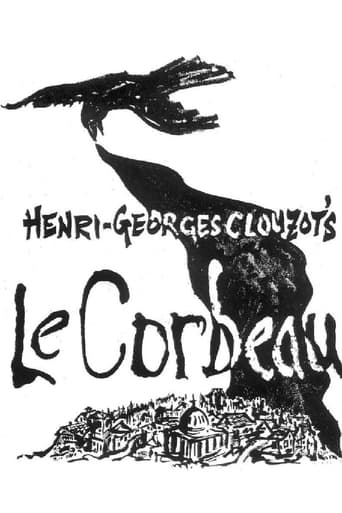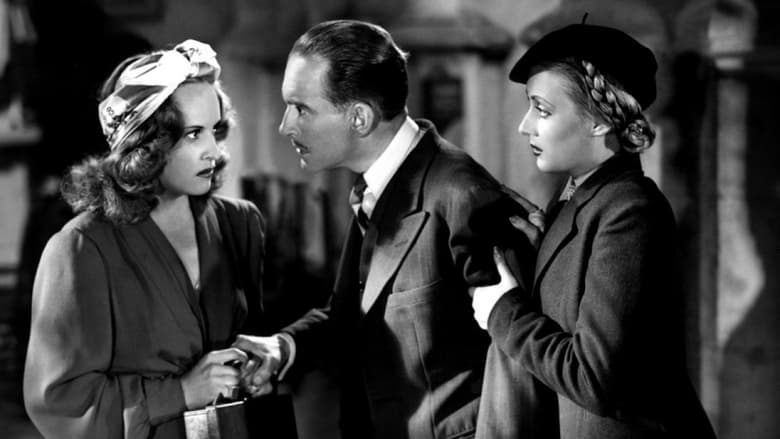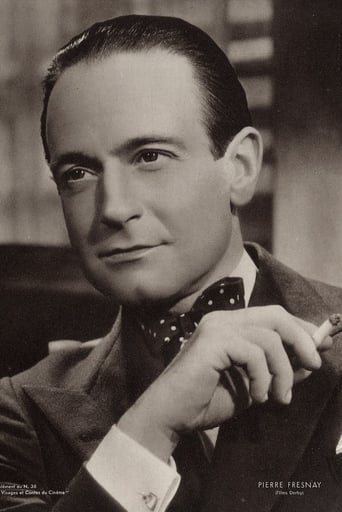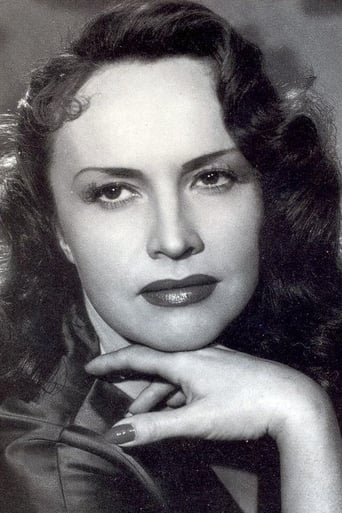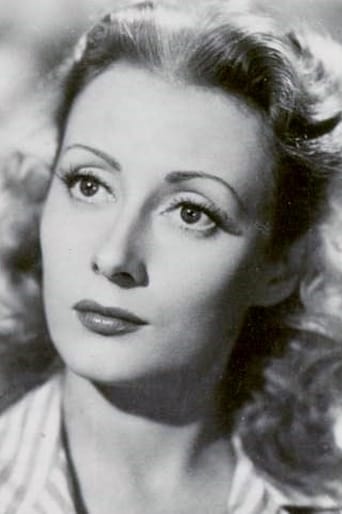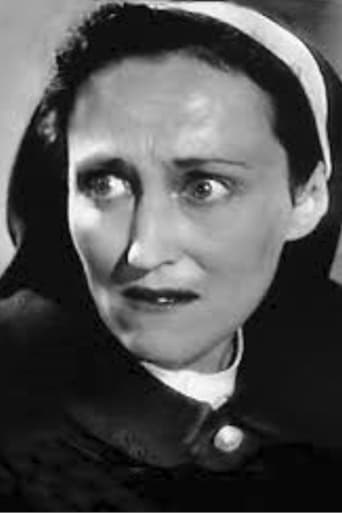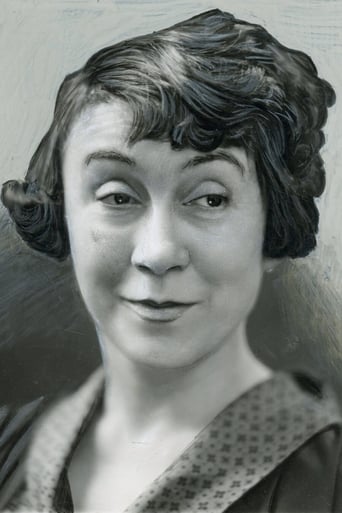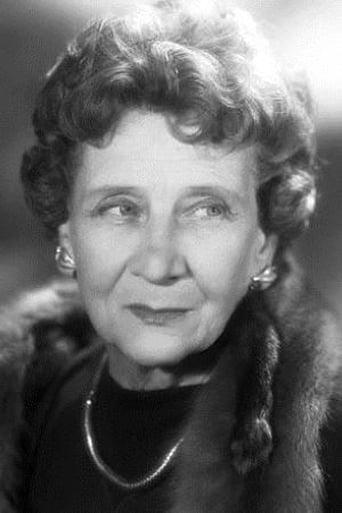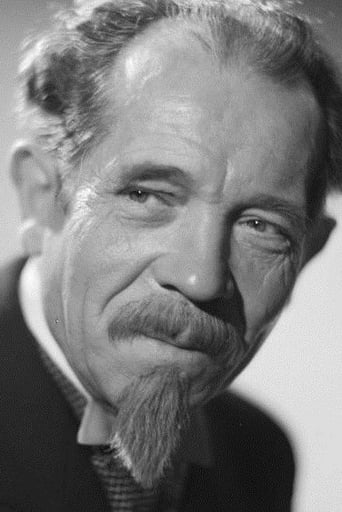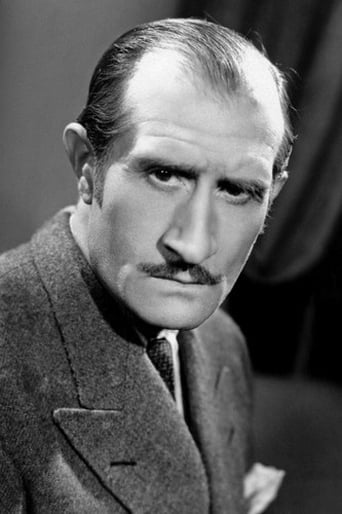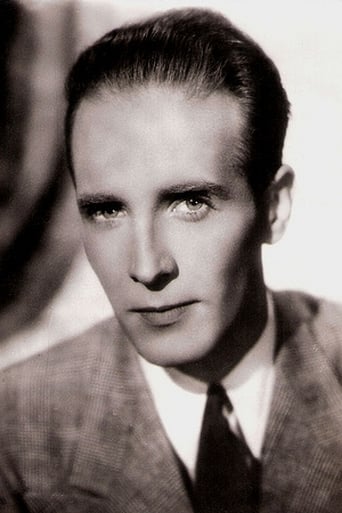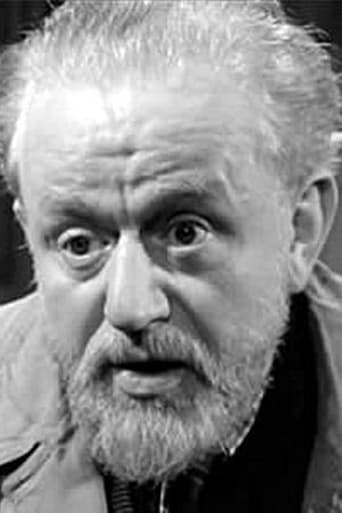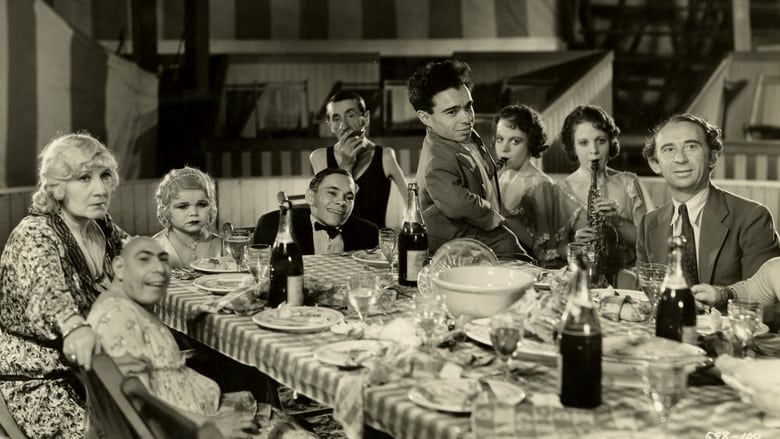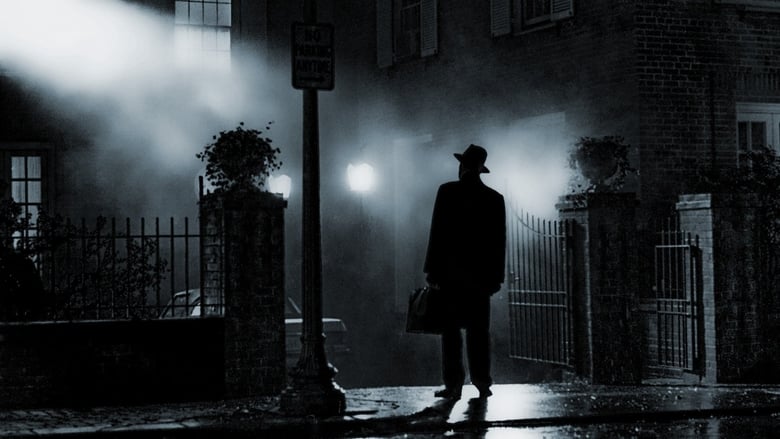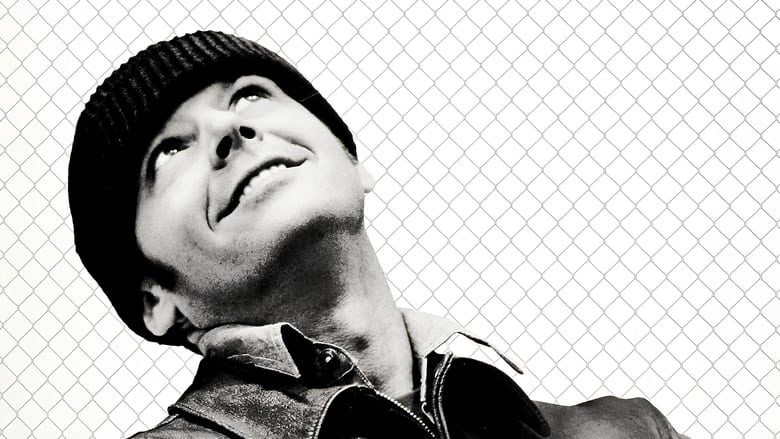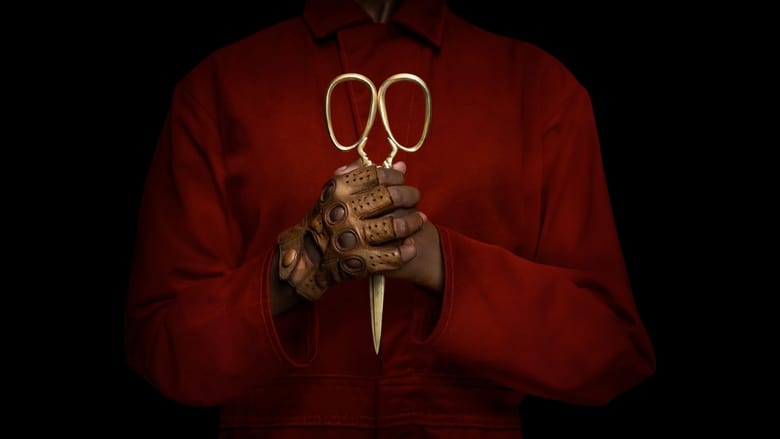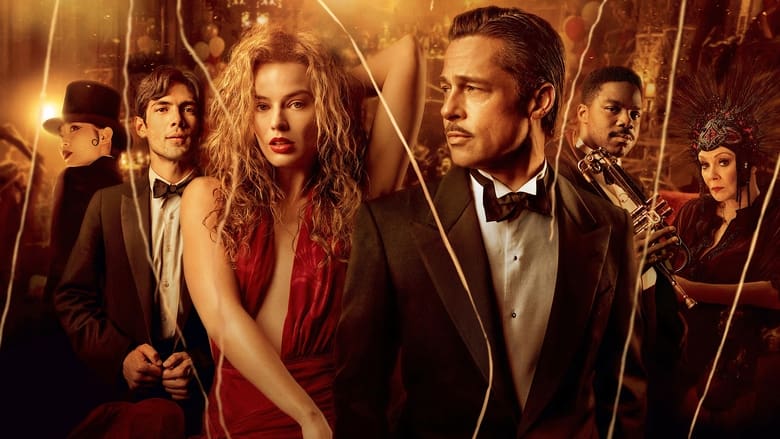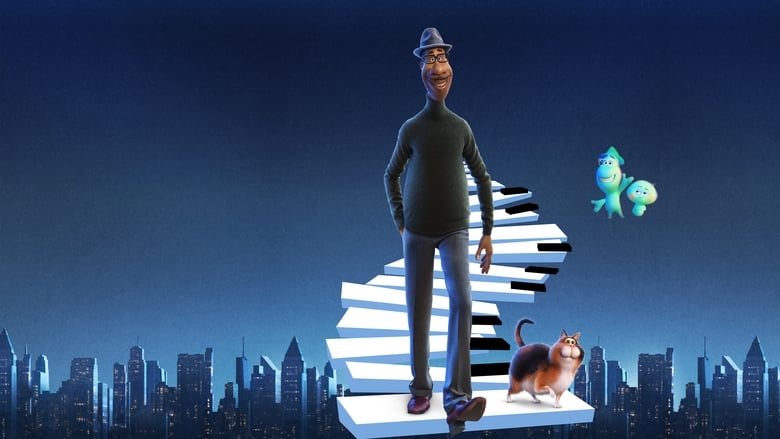Remy Germain is a doctor in a French town who becomes the focus of a vicious smear campaign, as letters accusing him of having an affair and performing unlawful abortions are mailed to village leaders. The mysterious writer, who signs each letter as "Le Corbeau" (The Raven) soon targets the whole town, exposing everyone's dark secrets.


Similar titles
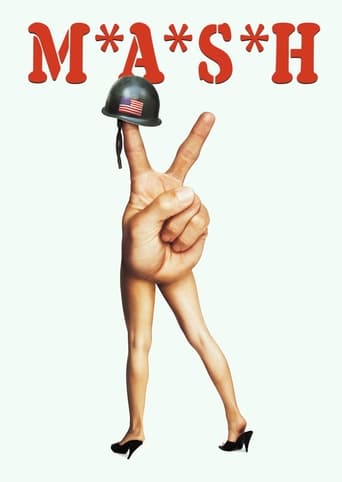
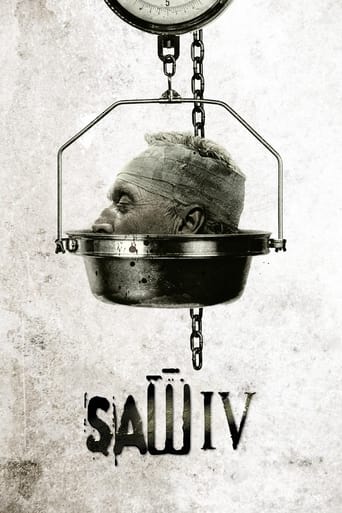

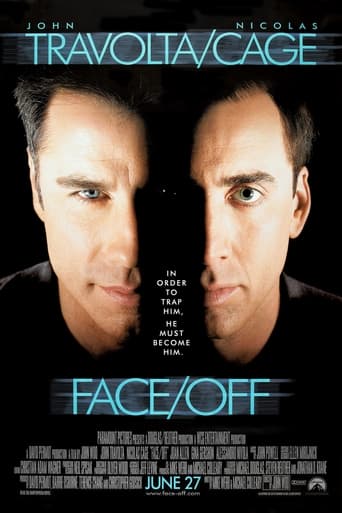
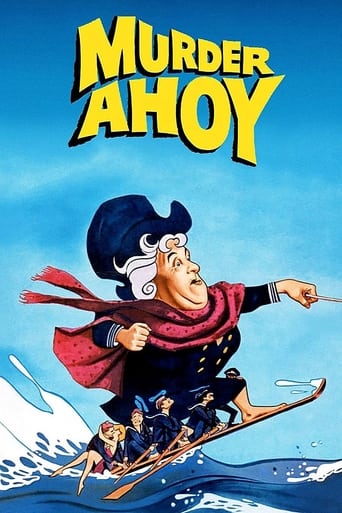
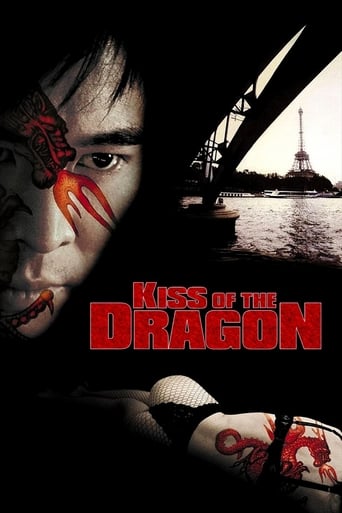
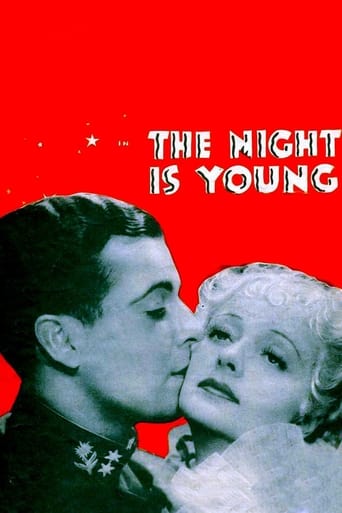
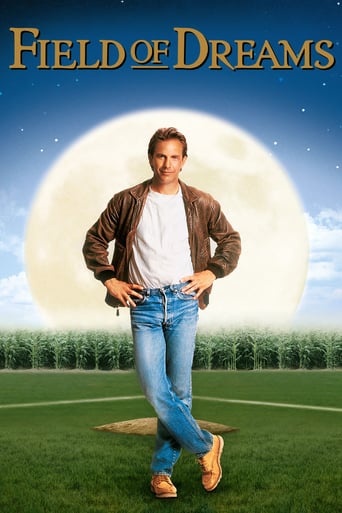

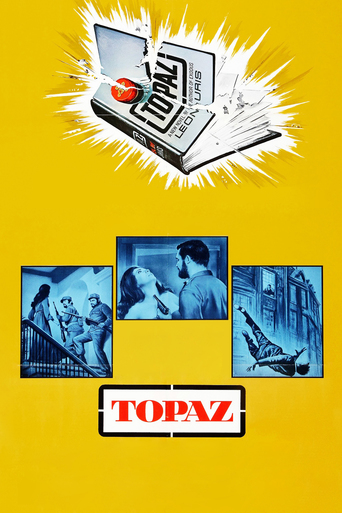
Reviews
In the village of Saint Robin, the population receives poison pen letters signed as The Raven spreading rumors and accusations. Dr. Rémy Germain (Pierre Fresnay), who is having an affair with the social assistant Laura (Micheline Francey), the wife of the psychiatrist Dr. Michel Vorzet (Pierre Larquey) that works with him at the local hospital, is the main victim of The Raven. His affair is disclosed and he is also accused of abortionist. When a patient of the hospital commits suicide after receiving a letter telling that his cancer is terminal, the loathed nurse Marie Corbin (Héléna Manson) is arrested since people believe she is The Raven. But soon there are other letters and Dr. Vorzet tries to identify who might be the notorious Raven. "Le Corbeau" is an intriguing film directed by Henri-Georges Clouzot, with the storyline about a mysterious character entitled The Raven that writes poison pen letters and the power of rumors and the effect in the population of a small town in France. The film was banned in France since it was produced by the German company Continental Films during World War II in the occupied France. My vote is seven.Title (Brazil): "O Corvo" ("The Raven")
There is a pest in a small French town who is writing letters to people and insulting them as well as spreading some unwanted scandal on their behalf. It's quite a good way of getting to people. New doctor in town Pierre Fresnay (le docteur Remy) seems to be the main target and the audience begin to question his past as he doesn't seem to have a good record when it comes to performing abortions. We are taken through a cast of characters who are related to each other or having affairs and can you guess the culprit? I found some of the relationships confusing so pay attention or you may get relatives and girlfriends mixed up as I did. The cast are good and we get a varied selection of characters. You'll definitely change your mind as to who is the guilty party even if you do eventually guess correctly. There is also a twist at the end, which you may also guess as the clues are there for you. It doesn't matter though as I found things resolved in a refreshingly satisfying way. Hollywood at the time wouldn't have let this ending pass so the film scores points for that.The film delivers some tense scenes, eg, the funeral and fate of nurse Helena Manson (Marie) – it's quite an overbearing sequence – and some humorous moments, eg, the dictation that takes forever. It's the exam from hell that never finishes. You just keep going. Ha ha. The dialogue is good and my favourite of the cast is the village tart Ginette Leclerc (Denise). It's an absorbing film and I know people blab on about some sort of significance in relation to freedom and the Nazi party, but it is basically an entertaining story and can be watched as precisely that without reading in anything else to the proceedings.
Someone unknown sends a series of slanderous letters to various people in a small French town, the motive apparently being to drive a local medical doctor out. The letters are signed: "The Raven".On the face of it, the story is a kind of whodunit. Who is the Raven, and what motivates him or her? That's the mystery. There's no shortage of suspects, including the very doctor who supposedly is being hounded.But the film, released during the dregs of the Nazi regime in Germany, contains relevant political subtext and themes, not the least of which is the idea that someone, anyone, can be an informer. Knowing a town's dirty little secrets, the rumors, people's weaknesses and vices can be deadly in the hands of someone with a penchant for writing, and a desire to tell all. What the raven writes is to some extent true. And the truth turns the townsfolk against each other.The raven, as an anonymous entity, functions as a whistle blower, a snitch, a spy, a secret agent, a kind of Deep Throat. Thematically, the film is dark and subversive.The film's B&W lighting is noirish and effective. I especially liked the sequence where a naked light bulb hanging down from the ceiling gets swung back and forth, like a pendulum, as two characters converse about moral pendulums of right and wrong, sanity and insanity, light and darkness. Where does one begin and the other end, asks a character.Although "The Raven" gets off to a slow start, the plot and the thematic import do pick up. Two-thirds in, the film curves deep, both as a whodunit and in its cinematic statement on the issues germane to whistle blowing and informing.
This was the first of Clouzot's great masterpieces for the screen. It is simply amazing that he managed to pull it off under the noses of the German occupiers, indeed through one of their own production units. The film is a massive frontal attack on the craven Vichy mentality, of turning in one's neighbours, and of the 'informant society' which grows up under any occupying force in any country, but which thrived especially well in the hothouse atmosphere of the typical small French town. Of course, today, we are told that everybody was in the Resistance, but if you add them all up, the Resistance would have been greater than the population of France! In fact, the Resistance was tiny. President Mitterand claimed to have been in the Resistance, but he was later proved to have been a cringeing Vichy boot-licker. If the lies extend as high as the President of France, you can imagine how far and wide they spread lower down. In this film, a series of anonymous poison pen letters, written by an extremely well-informed but clearly deranged person, begin to flood the town. Eventually, hundreds of them are received. No one knows who is doing this, but vicious infighting takes place as a result of their 'information', reprisals and revenge are taken without reflection or hesitation, pretty much par for the course in wartime France. Everybody is inclined to believe everything fed to their feverish and vicious imaginations by the unknown letter writer, who calls himself or herself 'Le Corbeau' ('The Raven'). The whole society is set against itself and starts tearing itself apart on the basis of flimsy and unsubtantiated allegations from an unknown person. Clouzot shows the merciless progression of this herd insanity, even as he lived in the midst of it in his occupied country. When the Nazis realized what a cuckoo had been in their next, they refused to release the film. After the Liberation, the film was still prohibited and Clouzot blacklisted. The fact is that Clouzot had lifted the rock under which all the creepy-crawlies were living and had exposed them to view, and no one could take it, either of left or of right. The fact that he had done it in an entirely nonpolitical way made it even worse, since his target was not any doctrine or dogma but the weaknesses of human nature itself. He not only touched a raw nerve, he twisted it in his fist and made everyone scream with the agony of exposure. This is one of the most despairingly cynical films ever made, a brilliant, horrifying vision of human folly and madness. Clouzot really should have made a film about the Tulip Mania! One must keep in mind that France was the country where the most attention had been called to crowd behaviour and mass insanity, in Gustave Le Bon's famous book 'Psychologie des Foules' (1895, translated into English in 1896 as 'The Crowd', a book prominently reissued in France in 1947 when it was safe to do so). Clouzot and all French intellectuals were well aware of the issues of crowd madness raised by Le Bon half a century earlier, which had made a deep impact of French intellectual life. If Le Bon had been a filmmaker, he might have made 'Le Corbeau' to prove his points. Interwoven with the black and disturbing theme are various stories of corruption going on within the town, including the taking of opium, adulterous liaisons and betrayals, and a seething ferment of vicious living. One poor boy is driven to suicide in his hospital bed by one of the poison pen letters. This film is spell-binding in its portrayal of the underside of human psychology, and of how easily the dark forces erupt.
